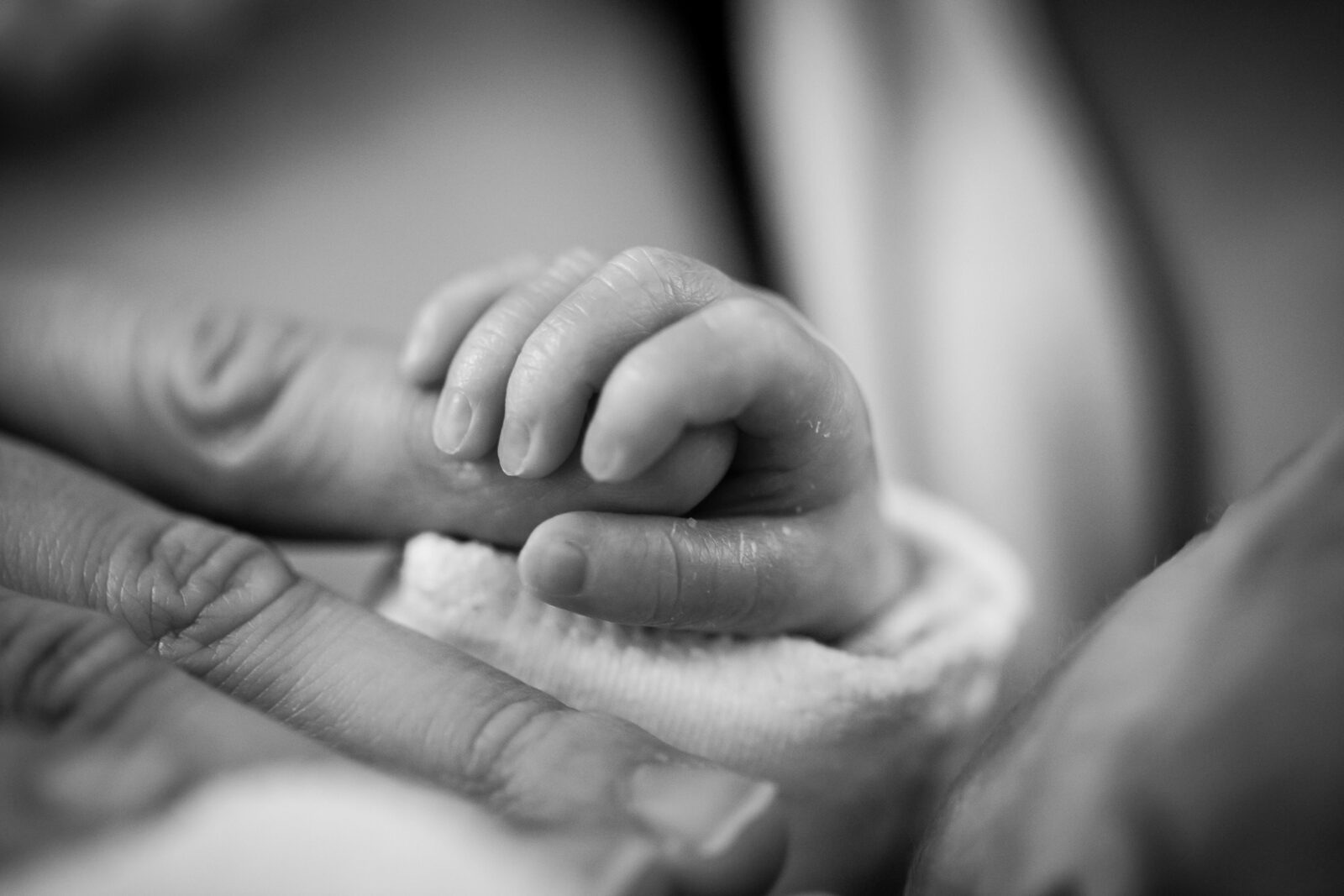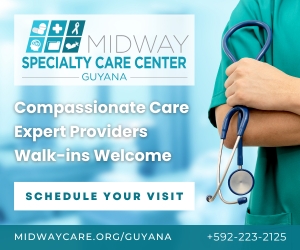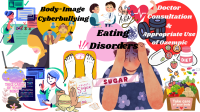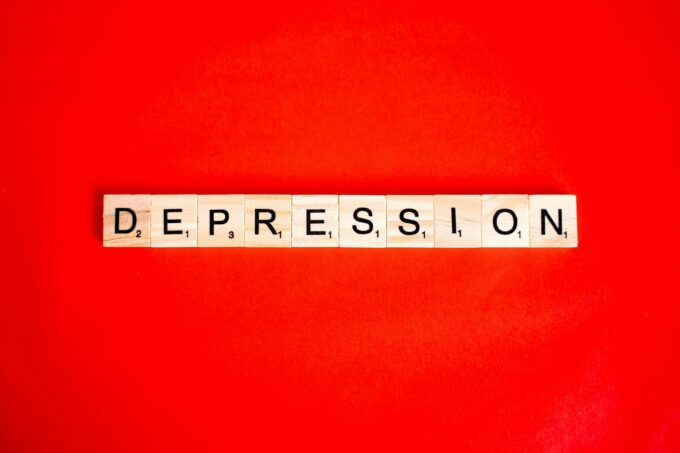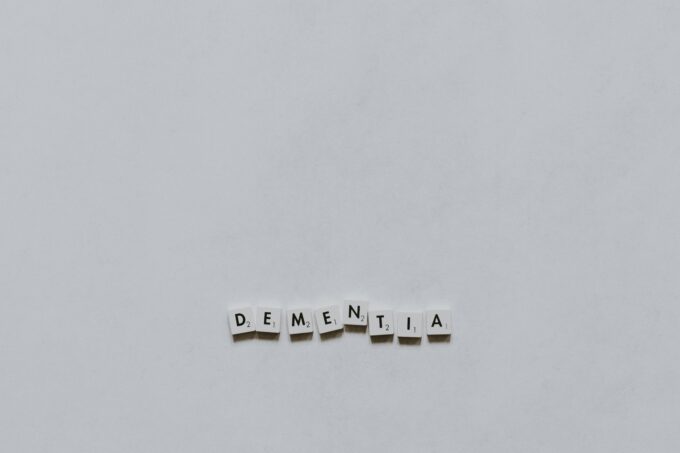Few things bring as much happiness to a family as the arrival of a baby. A new life, awaited for nine long months, comes with an inevitable mix of emotion, anxiety, and overwhelming joy. However, an emotional void can appear after childbirth—one that few women dare to name, whether out of fear of not being understood or simply because they do not know what is truly happening to them. It’s true that all women experience the baby blues due to the inherent changes of the postpartum period, but here we’re referring to something deeper: postpartum depression.
Postpartum depression is not weakness, nor ingratitude, nor a lack of love for the newborn. It is a real, deep, and often invisible disorder.
Symptoms and Impact
It may manifest as persistent sadness, unexplained crying, irritability, guilt, extreme exhaustion, or even thoughts of not being good enough. The woman may lose interest in activities she once enjoyed. Intense irritability and anger, severe anxiety and panic attacks, difficulty bonding with the baby — all these affect her ability to care for herself and her child, impacting the entire family dynamic. The hardest part is that it often appears at a time when the mother expects to feel happy.
When Left Untreated
If this condition is left undiagnosed and untreated, the new mother may develop severe symptoms, leading to postpartum psychosis. In such cases, she could harm herself or her baby.
Risk Factors
There are many risk factors that may act as triggers such as:
- Hormonal changes after childbirth, when estrogen and progesterone levels drop rapidly
- Traumatic birth experiences
- Having a premature or ill baby
- Sleep deprivation in the early weeks
- Lack of support from a partner or a stressful home environment
- Financial difficulties or unstable living conditions
- A history of depression, among others
Breaking the Silence

One of the biggest barriers to addressing postpartum depression is the silence that
surrounds it. In many cultures and societies, motherhood is idealized as a stage filled
exclusively with happiness and fulfillment, where a woman is expected to feel radiant
and joyful all the time. This ideal creates a powerful taboo that prevents many mothers
from recognizing and expressing their true feelings.
Talking about how they feel is often misunderstood as a lack of love or ingratitude toward the baby. Many women fear being judged or labeled as “bad mothers,” which leads them to hide their symptoms and avoid seeking help. This stigma not only hinders early diagnosis but also deepens suffering and can prolong the illness.
Myths and Realities
Additionally, there is a false belief that postpartum depression only affects “weak” women or those with a history of mental disorders. As explained before, this is untrue. It can affect any woman, regardless of emotional strength or social context.
Creating Safe Spaces
Breaking these taboos means creating safe spaces to talk, normalizing the conversation about maternal mental health, and educating society to understand that postpartum depression is a medical condition, not a character flaw. Only then can we offer real and effective support to mothers in need.
A Call to Action
Addressing postpartum depression is a reminder that becoming a mother does not cancel out one’s humanity—that the body and mind go through a whirlwind after childbirth—and that it is okay to ask for help. This is a medical condition that requires attention and treatment.
The Numbers
According to the WHO, more than 10% of pregnant women and new mothers experience depression worldwide. A global meta-analysis published in Nature found that the average prevalence of postpartum depression is 17.2% worldwide. In developing countries, the WHO estimates that between 20% and 40% of women are affected. It is estimated that up to 50% of postpartum depression cases go undiagnosed due to stigma and lack of recognition of symptoms, which can last from three to six months, and in some cases, even longer.
Recovery Begins with a Word: “I Need.”

I need to sleep. I need to cry. I need someone to listen. I need help.
Psychological support, family care, medical follow-up, and—when needed pharmacological treatment can help restore balance to a mother who feels lost. Approximately 80% of women with postpartum depression achieve full recovery with proper care.
Real Stories
There are many women who have shared their experiences to help others. Such is the case of Rachel Papo, an American photographer, who documented her own experience with postpartum depression through a photographic series. Her work has been recognized for its bravery in sharing such a personal part of her life, contributing to the conversation about maternal mental health.
Final Thoughts
Some maternities begin in silence. And that’s okay. The mother is not alone. She is not broken; she is simply crossing a threshold. She doesn’t need to be told to be strong—she needs someone to stay by her side as she returns. Because the miracle doesn’t end with birth: it’s only just beginning.

